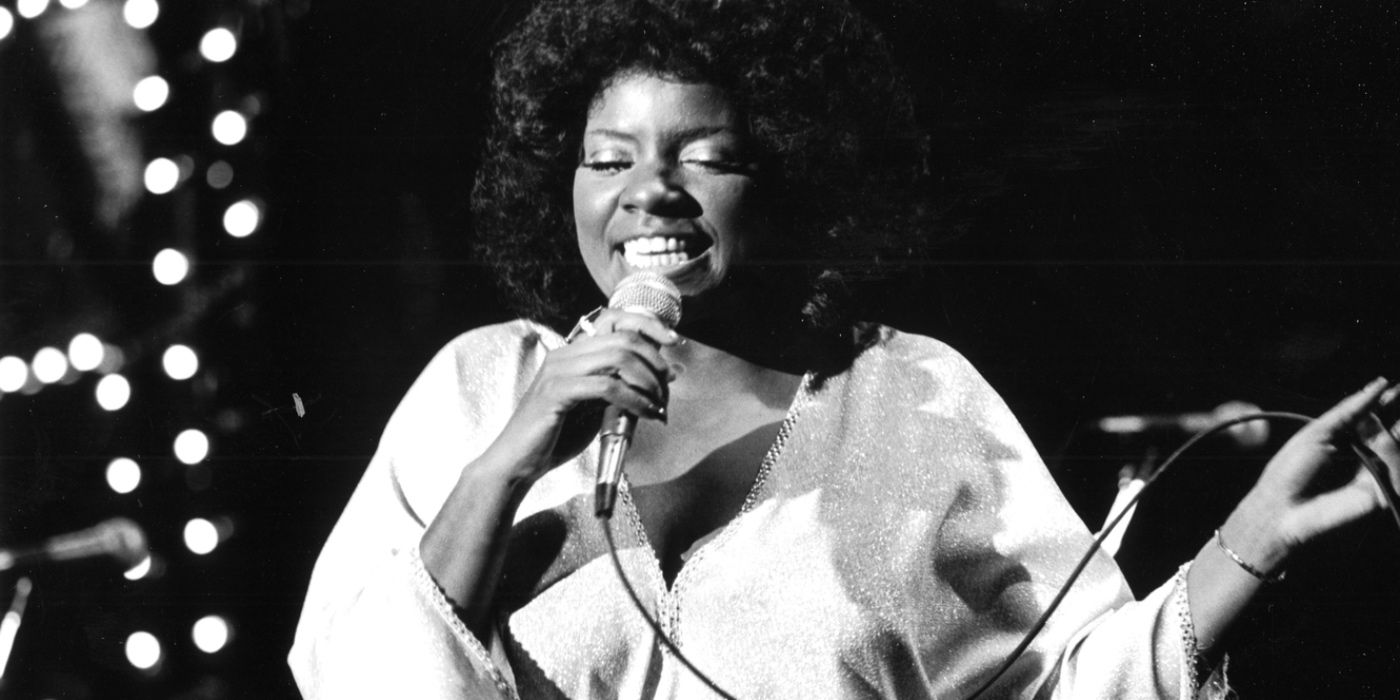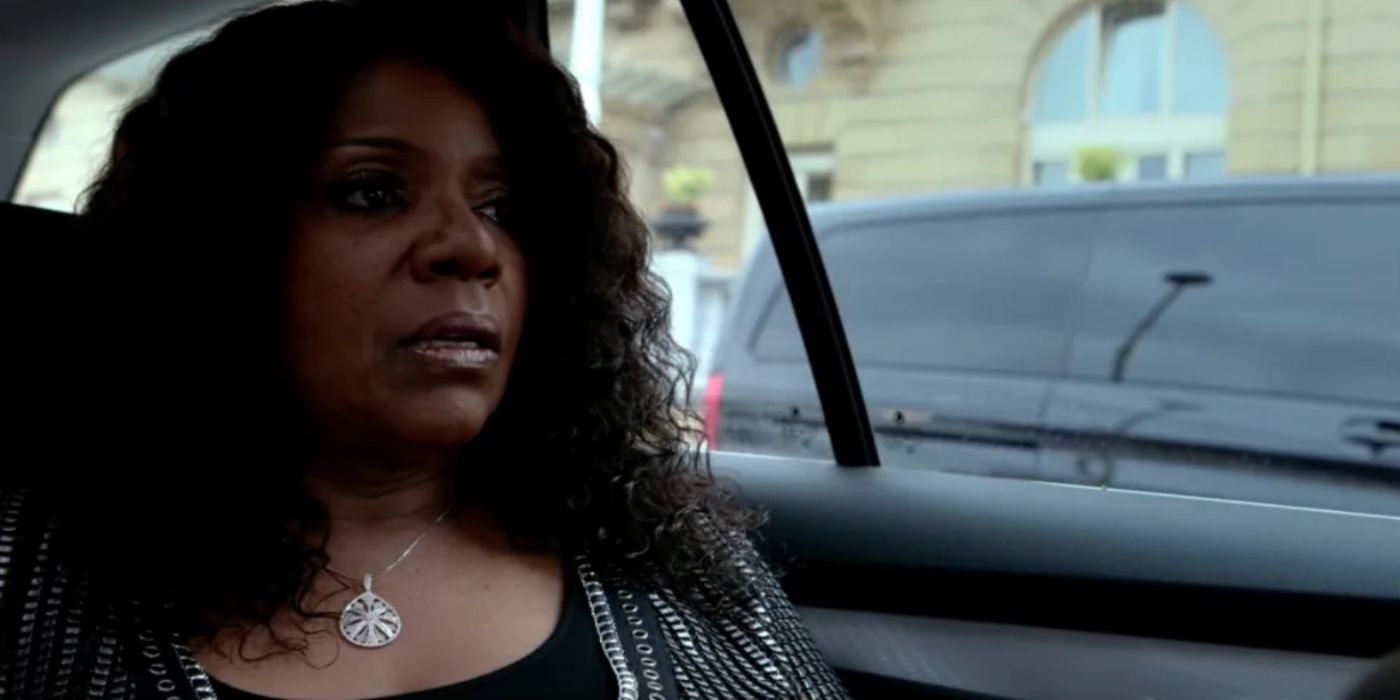Gloria Gaynor: I Will Survive Review: Illuminating Portrait of a Music Legend and Her Incredible Resilience
Summary
- Gloria Gaynor's documentary is a moving story about her personal and career highs and lows, and her mission to produce a genre-switching comeback with her Gospel album Testimony.
- Gaynor's resilience, both in her personal life and as an artist, is showcased throughout the film, highlighting her ability to overcome obstacles and reinvent herself.
- The documentary offers a captivating look behind the scenes of the artistic process, showcasing the friendships, bonds, and faith that have played a vital role in Gaynor's journey.
Early on in Gloria Gaynor: I Will Survive, a music industry executive says: “What am I going to do with a seventy-something artist at an end-of-career genre switch?” That question becomes the significant thread weaving itself into a larger tapestry in Betsy Schechter’s moving music documentary about disco queen Gloria Gaynor.
This is a tale about Gaynor's personal and career highs and lows, and her mission to produce a genre-switching comeback in the form of a Gospel album called Testimony. Does she pull it off? That may not matter. What matters is that we want her to, and that’s what makes Schechter’s outing so inviting.
Gaynor has survived even greater feats (many health-related) prior to this endeavor, which took eight years to see through and began when the Grammy-winning singer was in her early seventies. The world knows her from her hit songs Never Can Say Goodbye and, of course, I Will Survive, which was set to be on the B side of one of Gaynor’s recordings — until she spoke up.
Good thing she did. And good thing she’s is still doing it. Gloria Gaynor: I Will Survive is a story about second, third, fourth, and fifth chances. It’s an inviting battle cry about the power of survival against the odds, reminding people that it’s never too late to reinvent yourself. For viewers who appreciate music documentaries with in-depth storytelling, filled with candor, and heartwarming, mission-driven stories, this film is a memorable experience.
She's Got All Her Life to Live
As with most documentaries, Gloria Gaynor: I Will Survive dips fully into the past. Here, Gaynor opens up about her life growing up without a father and struggling financially, yet she admits, “We didn’t know we were poor.” She praises the depths of love she and her siblings — five brothers and one sister — had for and received from their mother, “the neighborhood mother.”
It was her mother, in fact, who asked her to sing, and Gaynor was skeptical at first. Upon her mother’s passing when Gaynor was 25 in the early 1970s, music became an outlet for her pain, and the national response to the country’s collective pain at that point, she posits, was the discotheque. Legends of the day such as Clive Davis filtered in for context and by 1975, songs like Honey Bee and Never Can Say Goodbye gave Gaynor’s career great momentum.
Gloria Gaynor as a True Survivor
We learn about the decision to create an up-tempo beat to the latter melody, in fact, which sent the song, originally recorded by the Jackson 5 in 1971, to the top of the charts. In between, Gaynor opens up about sexual abuse, the lack of confidence she felt with her manager/husband Linwood Simon, and the stage injury in 1978, which temporarily paralyzed her. What followed were a series of spinal surgeries, and the aftermath of it all, making her question the loyalties of her own record label.
Candid reflections such as these offer insight into Gaynor as a person, and more so, a true survivor. Filmmaker Betsy Schechter’s devotion to her subject shines brightly throughout, and she is wise enough to know when to head back to the future, taking viewers to the present, where Gaynor’s quest to flip genres and produce her Gospel album Testimony becomes her unrelenting mission and the most driving force of the film. She will survive, and we want her to.
Plotting a Powerful Third Act
This documentary shares a special place in the higher tier of docs that are illuminating, thought-provoking, and heartwarming — a great triple threat. It's a similar experience to the 2015 doc Iris, about the incomparable fashion queen Iris Apfel, and 20 Feet From Stardom, which beautifully showcased the artistic journeys of backup singers like Darlene Love and others.
Hoop Dreams, considered to be on the best documentaries ever made, is yet another masterpiece. And Will Ferrell's new documentary, Will & Harper, will surely garner similar accolades. Gloria Gaynor: I Will Survive falls somewhere in the middle of those exceptional films.
The outing works because Gaynor herself is an exceptional subject. Betsy Schechter offers a steady pace throughout. Like Gaynor and her creative team, there comes a point when you simply want the powers-that-be to accept that Gaynor has made a genre pivot, and that the new material she’s offering is actually good. Audiences are taken into that artistic process and, if you’re like us, it’s always captivating to go behind the scenes in a recording studio to see how any song or album gets made.
This is also a documentary about friendships, strong bonds, faith, and even history — who can forget the “Disco Sucks” debacle at a ballpark, and the demise of the genre that followed? One of the biggest Gaynor cheerleaders is the singer’s longtime manager Stephanie Gold — Gaynor divorced Simon in 2005, changing the direction of her fate.
The Gaynor/Gold bond is tight, recalling the sturdy connection between Diana Nyad and her coach Bonnie Stoll in Nyad. Ultimately, Gaynor’s deep religious roots play a vital part in her journey all around, explaining her love of Gospel music and her desire to turn in that direction. Beyond that, the documentary is mesmerizing as it escorts audiences along a rare, fascinating journey with one of the music industry’s more luminous icons.
For more on this documentary, check out this interview with the fantastic Gloria Gaynor:


Comments
Post a Comment